Fonts similar to Minion Pro that look as great
Minion Pro is an Adobe font that was introduced by the company in 1990. The serif typeface reminds of 16th-century designs and is therefore used to make body text more elegant. For example, you will often see it on classic, Renaissance-alike designs. This Robert Slimbach font was even used as the body copy of Robert Bringhurst’s The Elements of Typographic Style. This book was and still is the so-called Typography Bible.
Many innovative master technologies were employed in creating the Minion Font Family. Each typeface comes in a variety of weights and styles. Moreover, these change gradually from small, caption-size prints into solid, graceful designs. As a result, Minion fonts are highly suitable for titles and headlines and provide a robust appearance to every web project.
There are five weights to choose from: regular, medium, semibold, bold, and black. For each of them, there is a corresponding italic.
The same as with any popular font, Minion Pro tends to be overused and generic. If you want to avoid this, check our list of fonts similar to Minion Pro and choose your favorite.
Fonts similar to Minion Pro
Crimson Text
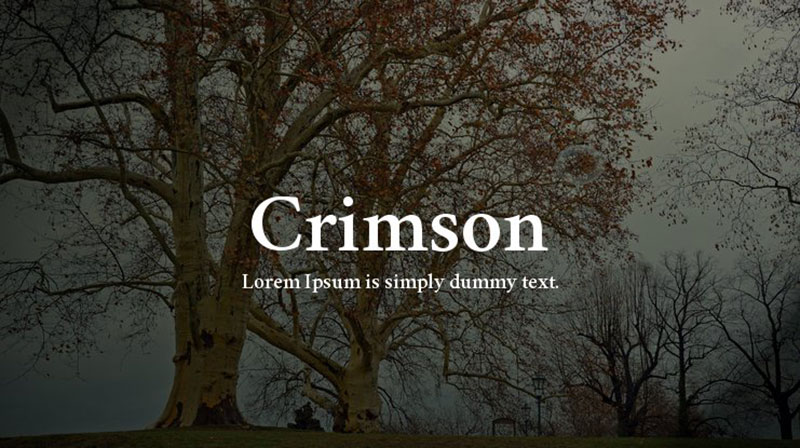
Crimson Text is just as traditional and old-looking as Minion Pro. It is one of the most beautiful serif typefaces available to the type community. It is indeed the masterpiece of Robert Slimbach, Jonathan Hoefler, and Jan Tschichold.
How did Crimson deserve such a title? On the one hand, the typeface family comes with all old-style perks you’d expect, such as fleurons, small caps, or even math characters. On the other hand, designers did a great job eliminating the ugly quirks of Helvetica and Times. Could we possibly expect more?
Alegreya
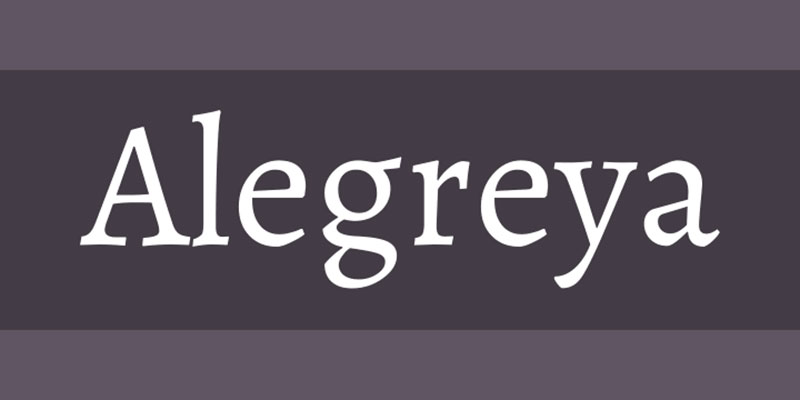
Alegreya is another great font similar to Minion Pro. It is also probably the only alternative out there that does kerning the way Minion does.
You will notice that the two typefaces are almost identical: the only differing characters are the uppercase J and Q and the lowercase g.
Sabon
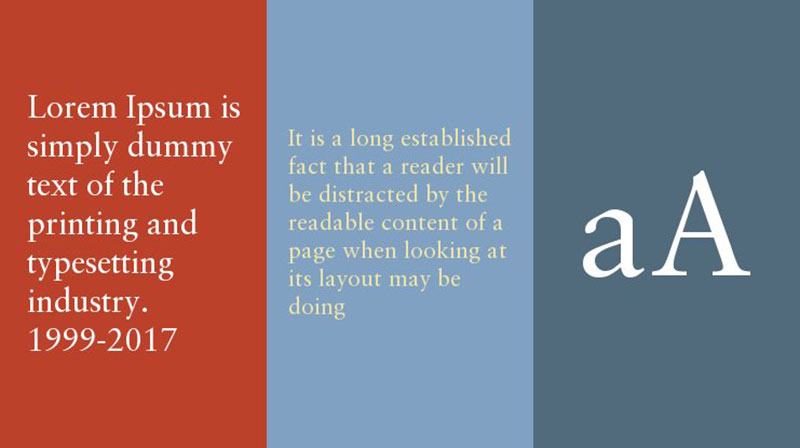
Jan Tschichold is not only responsible for Crimson Text, but he is also the genie behind the 1967 Sabon typeface.
To do so, he brought the best features of Claude Garamond’s popular fonts and Robert Granjon’s contemporary italics under one roof. While not being that present on the web, Sabon makes a significant appearance in book design of all genres.
Equity

The Equity font family works equally well on office printers and high-end output devices. For each style, there are two weights you can select directly on the printer. Not many fonts can brag with such function.
Lyon Text Roman
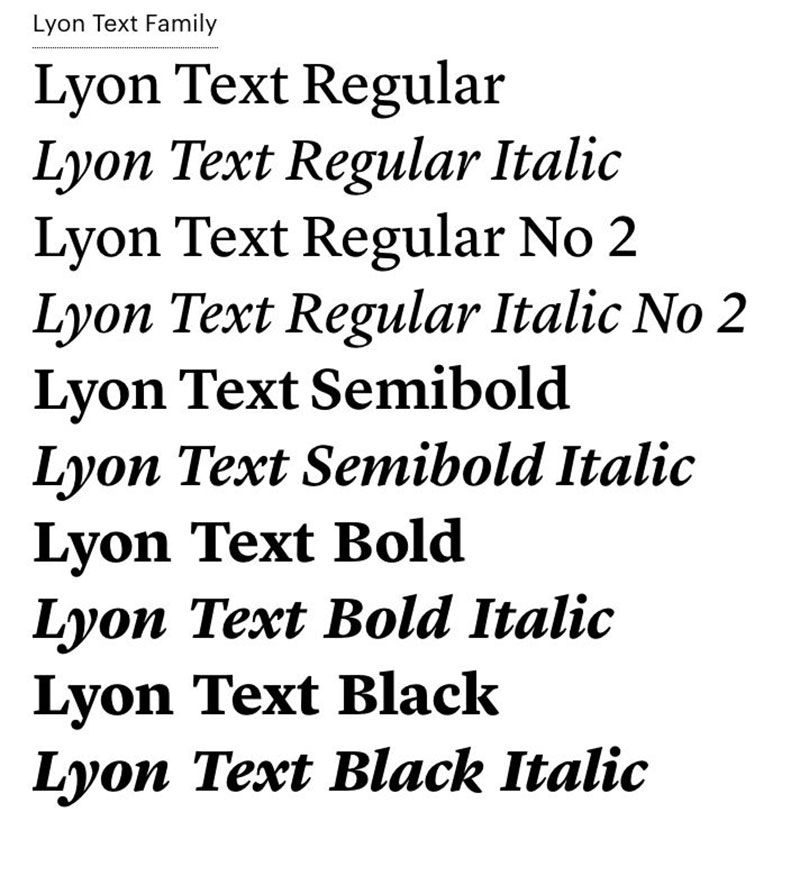
Lyon Text Roman appeared for the first time in New York Times Magazine in 2009. Still, the most praised design on the Royal Academy of Arts in Hague underwent a variety of revisions and expansions before it was used. Nowadays, it can be found in many books, magazines, and newspapers. The same as Sabon, Lyon made use of the best features of Robert Granjon’s work. It looks natural and smart, but one still gets the feeling it could work in late Renaissance settings.
Galliard
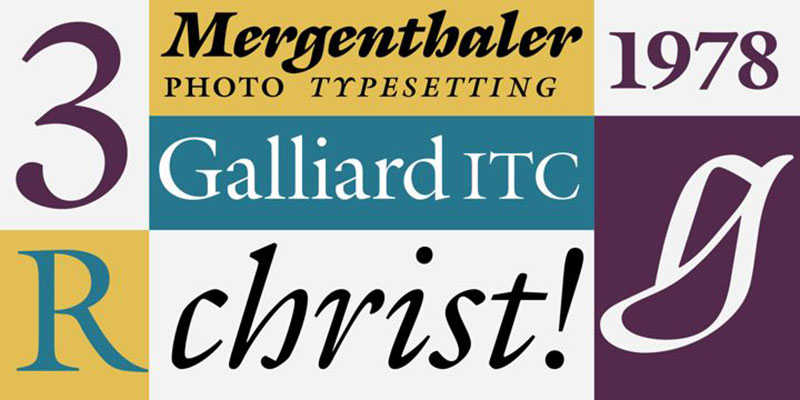
Galliard is another Minion alternative leaning towards 16th-century designs. It was created by Matthew Carter and inspired by Robert Granjon’s work, but available only in four weights.
Harriet
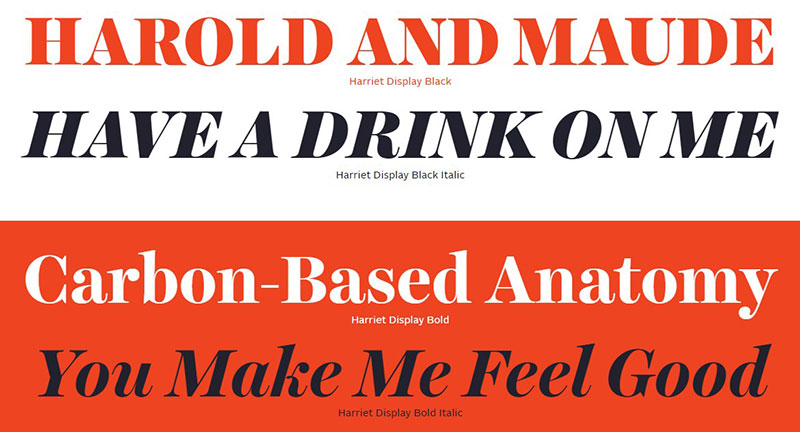
Harriet is the result of combining a reimagined Baskerville with some Scotch Roman. The font family is very versatile in terms of weights, but it is only offered in two optical sizes. We recommend you use them in large text settings.
ITC Stone Serif
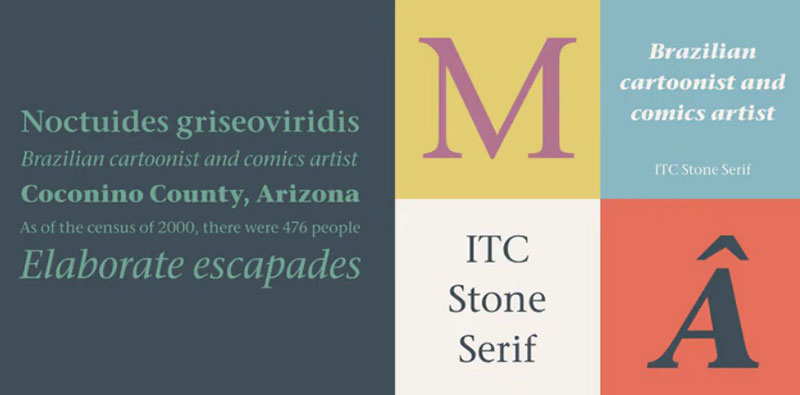
Adobe specialist Bob Ishi and designer Sumner Stone joined forces in 1987 to create the Stone serif family. Users were presented with three different fonts: an informal style, a serif, and a sans serif, all of which look impressive and modern. It is also worth mentioning that all their fonts are extremely legible.
Eldorado

Wiliam Addison Dwiggins designed Eldorado in 1953, but today’s version of this typeface has almost nothing to do with his design. Many experts such as Tom Rickner, Tobias Frere-Jones, and David Berlow followed up on his work. As a result, the font was adjusted also for commercial and editorial use. Thanks to them, there are three optical sizes to choose from Text, Micro, and Display
FF Celeste
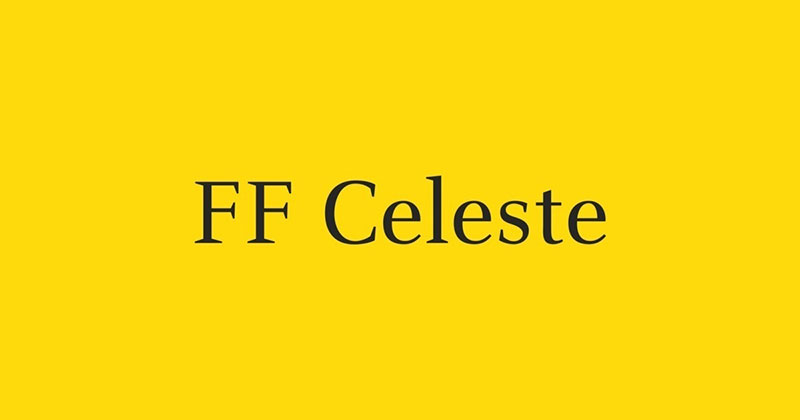
If you are a fan of Walbaum or Bodoni, make sure you check FF Celeste. The typeface is based on the friendly, romance-type features of Renaissance lettering. And yet, it somehow manages to keep text dynamic and readable. It is very suitable for calligraphy, as it leans towards triangular, but less rationalized letterforms.
If you ask designer Chris Burke, FF Celeste is more of a humanistic typeface which is also modern rather than traditional. The font does indeed lack the strong stroke-weight contrast of Walbaum and other predecessors.
Try Celeste for offset printing and digital typesetting projects. The more important accurate contrast is to you, the more value you will get.
Garamond
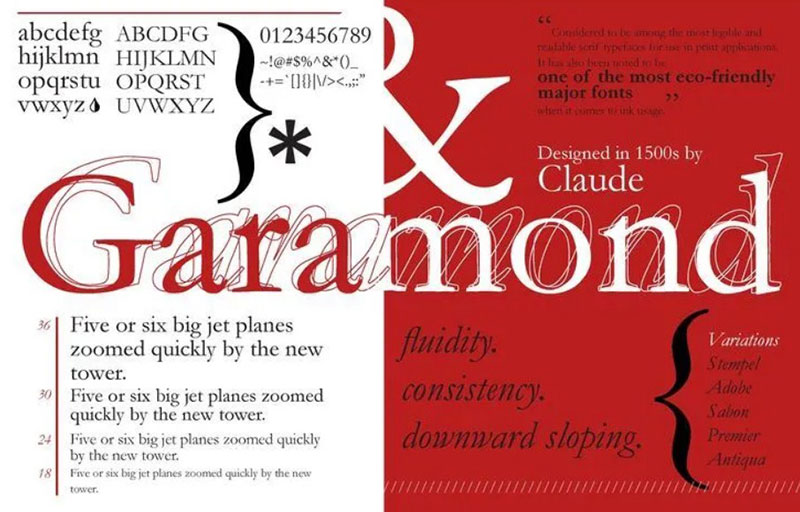
Let’s take another turn to the Adobe products and check Garamond out. Again, Robert Slimbach was in charge of commercializing the typeface, but its history spans way earlier to the 16th century. No wonder designers prefer it on books than on the web.
Utopia

Adobe promoted another Slimbach font called Utopia. This typeface is mainly used to prevent typographic issues in official correspondence. Slimbach was only expected to add versatility to its work, namely, to create a font rich in function and form, and suitable for universal use. The Utopia kit consists of fractures, numerals, extra bold and small caps, ligatures, and even scientific markings. Surprisingly, it still looks elegant and well-balanced.
Verdigris
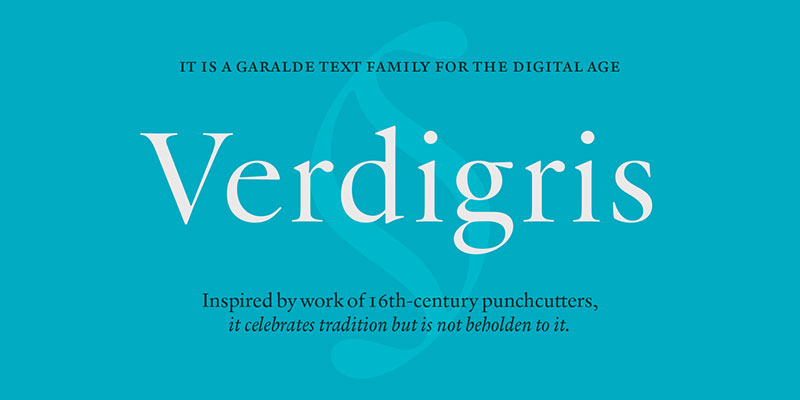
The Garalde font kit known as MVP Verdigris was also inspired by 16th-century works. The difference is that it was created only with digital age usage in mind.
Traditional features are present, but Garalde breaks the rules. Its newest OpenType release, for instance, delivers high-quality typographic color as text. As a result, paper and press designers will find it just as useful as those working with the newest typesetting technologies.
Plantin
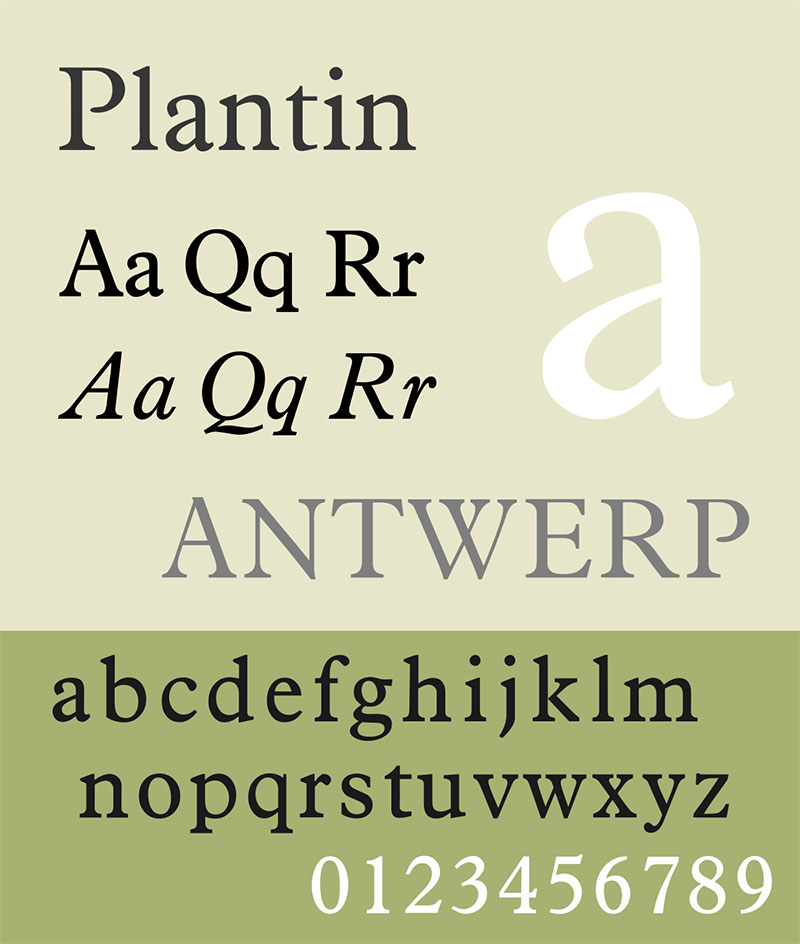
Plantin is a very comfortable choice, as you can twist it and tweak it to your own needs. Thin elements are completely out of the picture and Plantin delivers best-in-class results on coated paper. The letters have a very compact structure, which also helps use space in a more economical matter. Best of all, its appearance is remarkably strong. The strokes and serifs in the letters and the ample contrasts look very convincing to the reader! No wonder it is a top pick in corporate environments.
Rotation

Rotation is an iconic typeface that took over newsprint in Europe after World War II. After two decades, it was also replaced by transitional and modern face forms which, if you ask us, lack its elegance and its lightness. It is one of the first Linotype products and it was named after the rotation newsprint machine.
Concorde
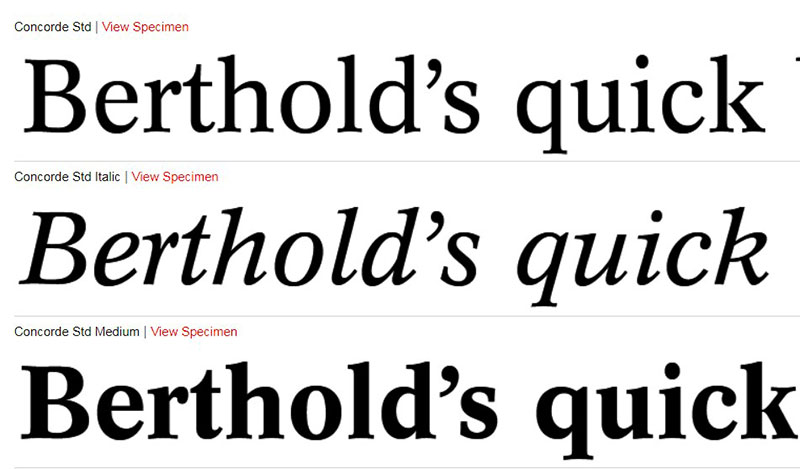
Concorde appeared pretty much at the same time as Rotation. As expected, it also aimed to meet the demands of contemporary printing technology, and it did an amazing job.
Unlike Rotation, Concorde is still actively used by web designers. We especially recommend it to those looking to replace Times New Roman with a more elegant font.
Life
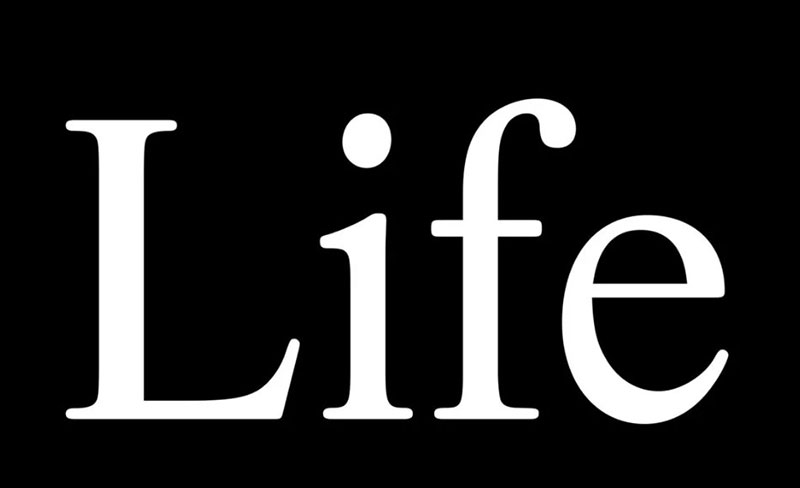
Designed in 1964, Life also belongs to the new wave of newspaper typefaces. It experiments with elements from many different faces and resembles pretty much every change in the type design world. If you are after fresh design ideas, you should definitely give this font a try.
Freight Text
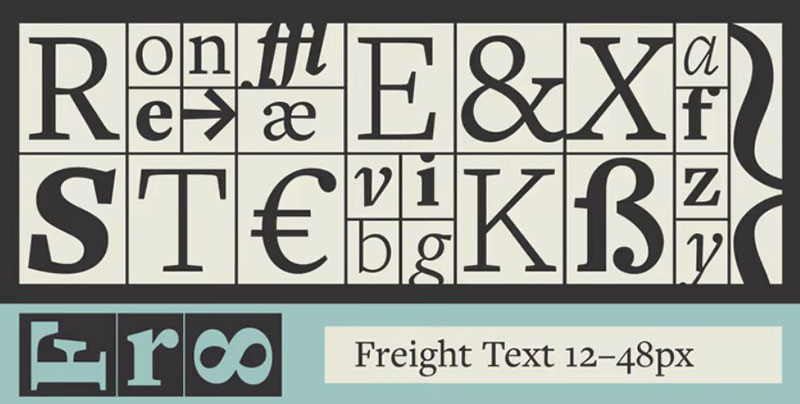
Freight’s Text is the one typeface on this list that truly deserves the attribute ‘universal’. It comprises so many styles and weights that there is no project where you can’t use it. Seriously – Freight works for technical manuals just as well as it does on train schedules.
Pilgrim
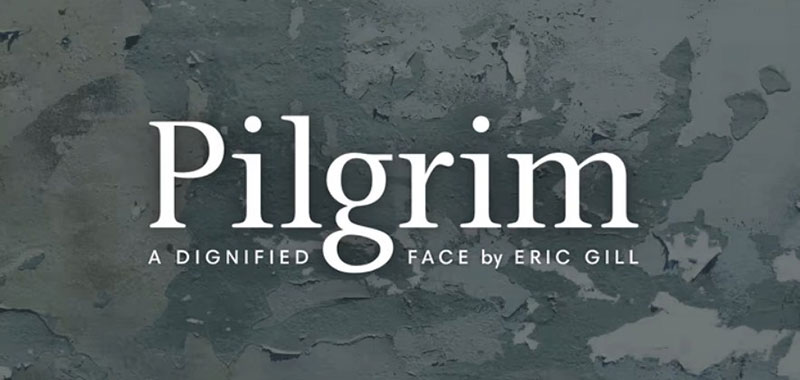
The very first appearance of Pilgrim was in a book published by New York’s Limited Edition Club. This Linotype font signed by Eric Gill is both elegant and firm, the same as all other representatives of Gill’s Joanna font family. Most of all, you will admire its bracketed serifs and well-balanced contrasts you can use anywhere.
Pilgrim’s lettering model originates from Roman texts. Still, it doesn’t offer as many calligraphic functions as expected.
If you enjoyed reading this article on fonts similar to Minion Pro , you should check out this one about fonts similar to Impact.
We also wrote about a few related subjects like the Roblox font and what font does Roblox use, the best 72 free fonts for logos to create modern and creative designs, fonts similar to Futura, fonts similar to Avenir, fonts similar to Calibri, fonts similar to Gotham, and fonts similar to Montserrat.